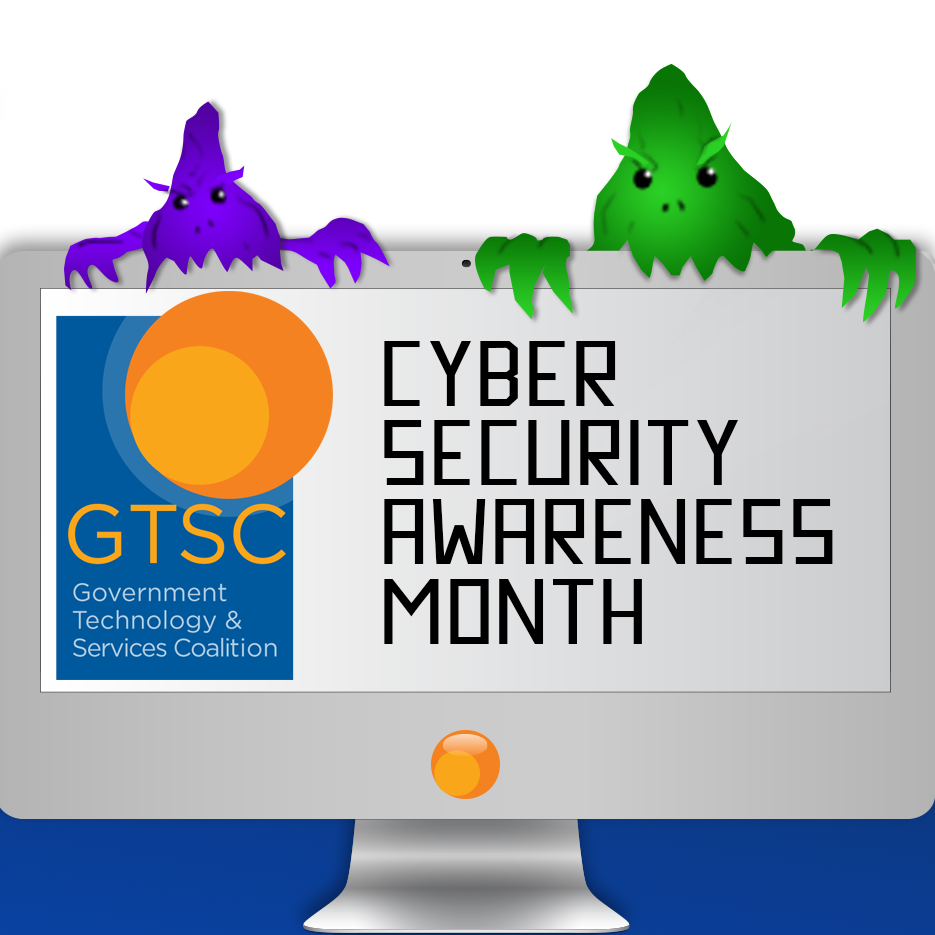 Employees are the foundation of your organization. You understand that their daily actions and behavior are a key factor in customer satisfaction, and the bottom line is employee action determines if you succeed or fail.
Employees are the foundation of your organization. You understand that their daily actions and behavior are a key factor in customer satisfaction, and the bottom line is employee action determines if you succeed or fail.
But did you realize that it is their underlying attitudes that are driving their behavior? Attitudes are habits of thought – personal views or opinions about something that are built over time. Habits can be changed, but only if you are actually aware of them and committed to understanding them.
How can you ensure that employee workplace attitudes are positive and continually improving? Start by becoming fully aware of the underlying attitudes of your employees at work. And how do you do that? Just ask!
Before you state all of the reasons why you can’t do an employee survey (it’s too time consuming, I don’t know how, nothing ever happens as a result, employees won’t respond honestly), I’d like you to shift your attitude towards the positive, and consider a few great reasons to conduct that employee survey:
- It’s a cost-effective and simple tool that can quickly and easily identify what is working well in your organization. Highlighting opportunities for workplace improvements will lead to improved business results.
- If you understand what motivates or stresses your workforce, you can work on the right things to keep them inspired, begin to alleviate some of the stressors, and better help them retain their best and brightest ideas at work.
- It’s an opportunity to capture knowledge and great ideas from the line level about where the opportunities are, what the challenges are, and how to best implement your chosen strategies.
- It’s easier (and cheaper) to show your employees that you are listening and acting on their opinions, needs and concerns, rather than waiting until they are walking out the door due to frustration.
So how do you get started, and how do you make sure the effort pays off? Here are a few tips on launching your own employee survey.
1. Ensure Leadership Commitment. Make sure that senior managers are committed to the survey initiative, and will devote the time and attention to follow up and take action on feedback received. Nothing kills employee morale and creates a negative attitude quicker than a lack of follow-through. This leads us to tip #2:
2. Scope Wisely. Choose topics that you are prepared and able to act upon. Don’t ask for opinions in areas that you have no intention of addressing. Why would you ask for ideas on strategy if it’s already set? Instead, you might ask for ideas on implementing that strategy.
3. Keep it Short and Targeted. The survey should take no more than 10-15 minutes to complete and should cover a specific area of focus – do you want to better understand aspects of your culture, or assess how people are working in teams? Do you want feedback about how to implement the new strategy, or understand what motivates your employees? Remember you can’t solve every problem in one initiative.
4. Act Ethically and Fairly. Make it clear that retribution will not be tolerated- you don’t want to create a culture of fear of speaking the truth. To reassure employees and increase the odds of getting honest feedback, keep the responses anonymous (use an online tool that only identifies by IP address or get a neutral party to analyze the data). Let people know how their responses will be used; we recommend that you tell people that their feedback will be anonymous but not confidential (meaning you will not share who said what, but you will share common themes that emerge from the data). It does no good to collect feedback that managers can’t act upon.
5. Show Gratitude. Genuinely thank people for their honest feedback, and let them know when they can expect a response, and what the process will be for dealing with results.
6. Follow up! Respond when you say you will, and keep employees updated on outcomes and actions that are being taken as a result. If you can’t take action, let them know why (who knows, they may have a solution that you hadn’t considered!)
View more resources for employee engagement
here.

Mary-Claire Burick
CEO
MC Strategies
Mary-Claire Burick is a Strategic Advisor to the Government Technology & Services Coalition. She is the President & CEO of MC Strategy. MC Strategy works with the leaders at companies, nonprofits, and government agencies to build healthy and effective organizations to translate your vision into action by connecting employee action, resources, and processes to business strategies.
 The survey collects data on the type and frequency of computer security incidents in which a computer was used as the means of committing a crime against the company or as a conduit through which other intrusion and/or criminal activity was perpetrated. It also collects data about the type and size of the company, cyber security practices, and computer infrastructure.
The survey collects data on the type and frequency of computer security incidents in which a computer was used as the means of committing a crime against the company or as a conduit through which other intrusion and/or criminal activity was perpetrated. It also collects data about the type and size of the company, cyber security practices, and computer infrastructure.


 Employees are the foundation of your organization. You understand that their daily actions and behavior are a key factor in customer satisfaction, and the bottom line is employee action determines if you succeed or fail.
Employees are the foundation of your organization. You understand that their daily actions and behavior are a key factor in customer satisfaction, and the bottom line is employee action determines if you succeed or fail.

